31 Jan Dr. G. Blair Dowden: 20 Years of Servant Leadership
 John W. Paff (right), Vice President for University Relations, Huntington University
John W. Paff (right), Vice President for University Relations, Huntington University
In 1991, a 39-year-old Blair Dowden was inaugurated as the 12th president of Huntington College. He brought to the role the experience earned in a wide variety of roles in Christian higher education–from admissions counselor to vice president for advancement. His others-centered approach to leadership made him the man for the job.
“Blair’s interest has been, and continues to be, others,” said former bishop C. Ray Miller, Board of Trustees chairman emeritus. “When we first interviewed Blair Dowden, I saw him as a people-person. After 20 years, he continues to send cards and best wishes. Blair has been God’s man for HU at this time, and we have been extremely fortunate to have him stay with us for 20 years.”
Dowden came to Huntington at a key moment in its history. Most campus facilities were new, and a well-credentialed faculty was in place. But with only 614 students enrolled, Huntington struggled for name recognition and financial sustainability.
In his first report to the Board of Trustees, Dowden laid out a vision for making Huntington one of the top Christian colleges in the country. The plan called for “increased integration of Christianity in…all areas of institutional life.” Aggressive enrollment goals were based on the development of distinctive academic programs. The plan included increased financial support and greater public awareness of what Huntington had to offer.
This vision was not about building an institution, but rather about equipping students to change the world.
“Our goal will be to develop graduates who are not merely credentialed individuals, acceptable for graduate school or employment, but lifelong learners and servant-leaders — individuals who can impact our world, solve problems and be peacemakers,” Dowden said. “This will allow us to truly say that we send students forth from Huntington … as redemptive agents to impact our needy and changing world.”
After 20 years at the helm, Dowden’s presidency is still characterized by these same hallmarks: faith integration, enrollment growth, academic innovation, philanthropic support, name recognition and a resolute focus on student outcomes.
“One of the things I’ve most appreciated about Dr. Dowden is his firm commitment to HU’s emphasis on integrating faith and learning. This is critical to our mission, and he is a strong advocate for it,” said Dr. Dwight Brautigam, professor of history.
As Huntington continued to emphasize its Christ-centered mission, enrollment grew to 1,278 by 2010. New academic programs were developed for adult students, graduate students and traditional undergraduates.
“One thing that has always impressed me about President Dowden is his ability to cultivate a ‘can do’ atmosphere where we as faculty feel empowered to dream big about academic programs,” said associate professor Dr. Lance Clark. “Without his leadership, the digital media arts program would never have seen the light of day. I’m so grateful he was willing to take the risk. Our students are now impacting the world of film and animation in new and exciting ways for the Kingdom of God.” The DMA program now enrolls more than 100 students, comparable to traditionally popular majors in education and business.
“I have especially appreciated Blair Dowden’s collaborative leadership style which has not only emphasized teamwork and cooperation, but also innovation,” said Dr. Norris Friesen, senior vice president for academic affairs and dean of the faculty. “At times, we had to scramble to put the infrastructure in place to handle the changes, but each change has helped us to accomplish our goals and ultimately our mission.”
Despite Huntington’s many successes, Dowden is quick to divert the spotlight from himself to others. For two decades, Dowden has modeled an others-centered approach to leadership.
“Blair Dowden is an excellent example of servant leadership,” observed Board chair Kelly Savage. “His focus is to serve Christ first and others second. Because his focus is on service to the Lord, Blair seeks excellence in all aspects of Huntington University. Under his leadership, the student body has not only grown in numbers, but spiritually and academically, as well.”

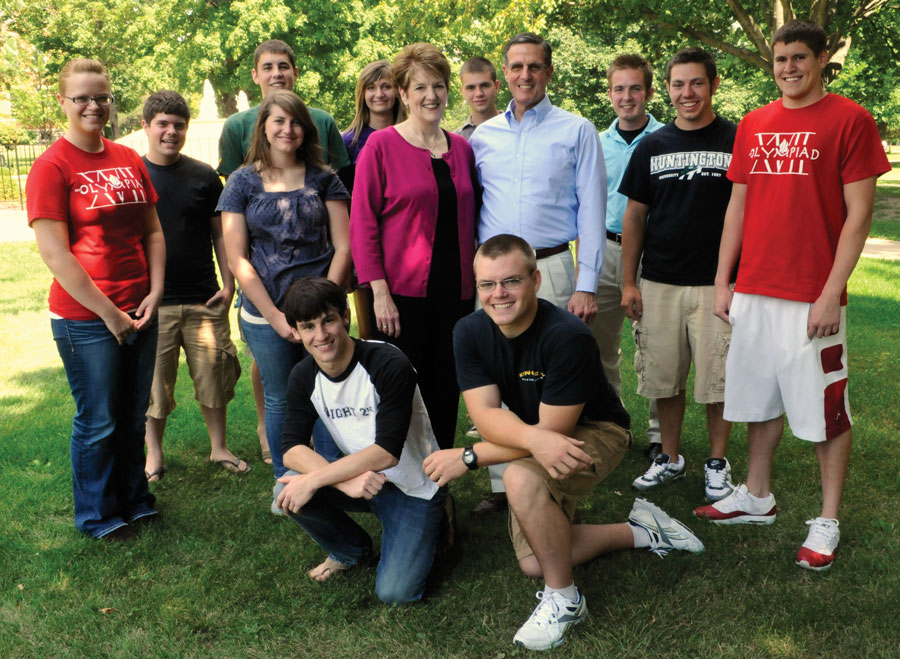
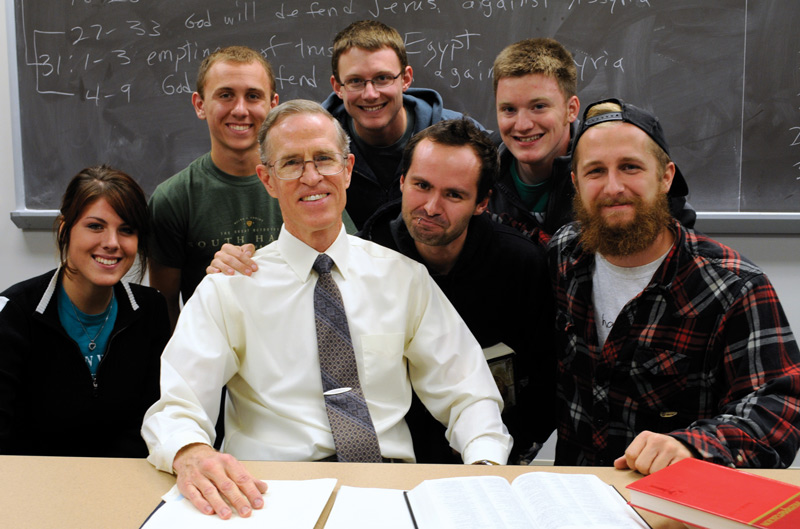
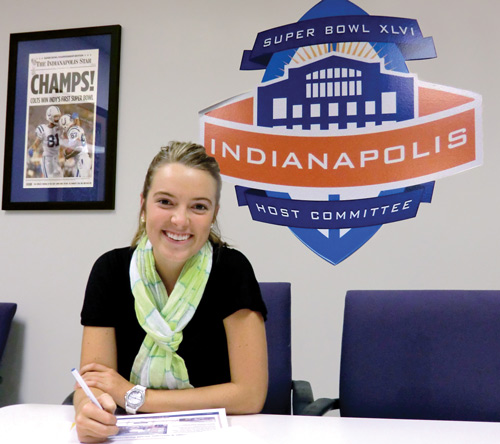
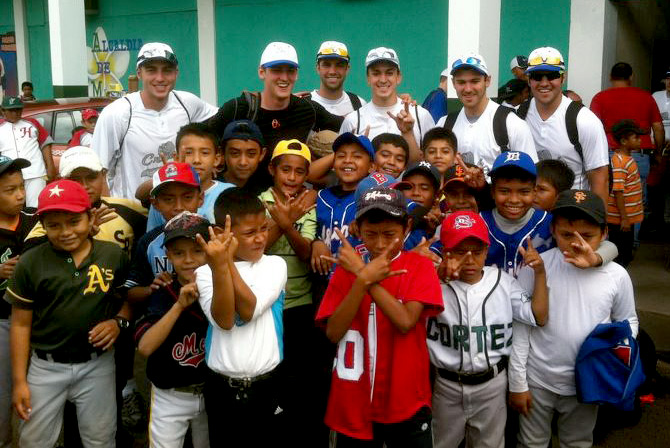
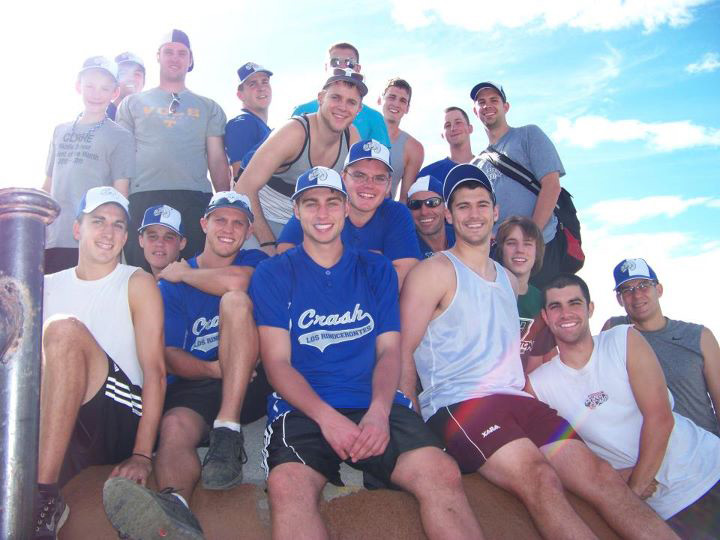
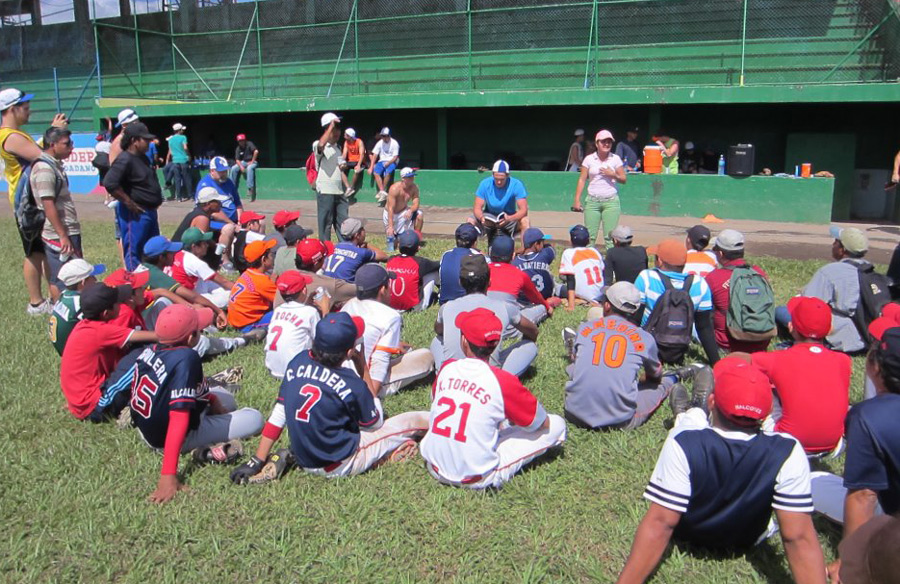

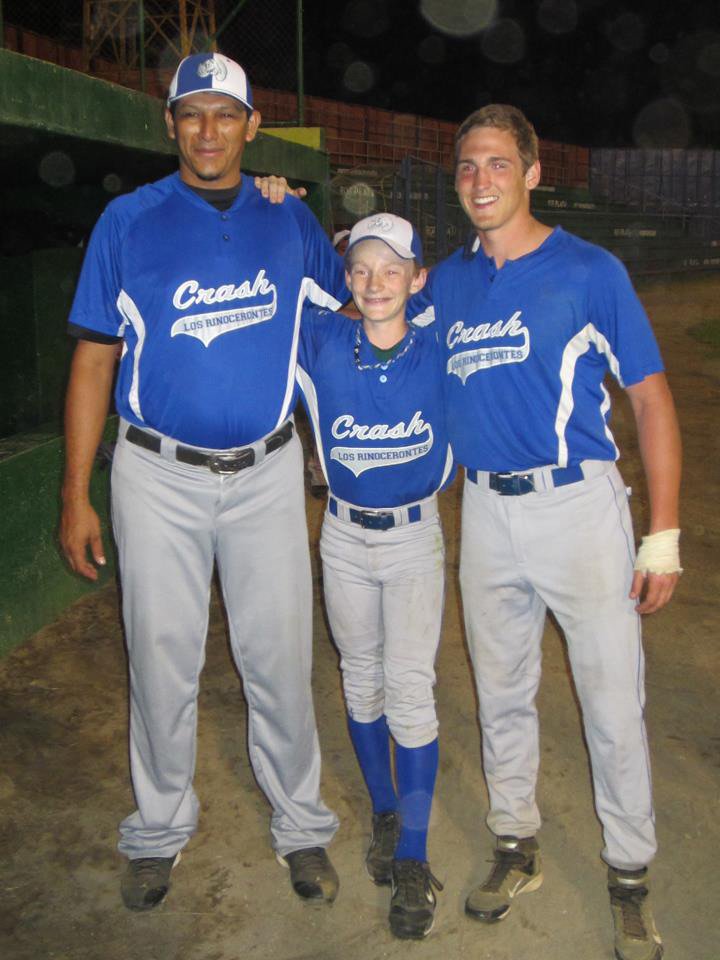
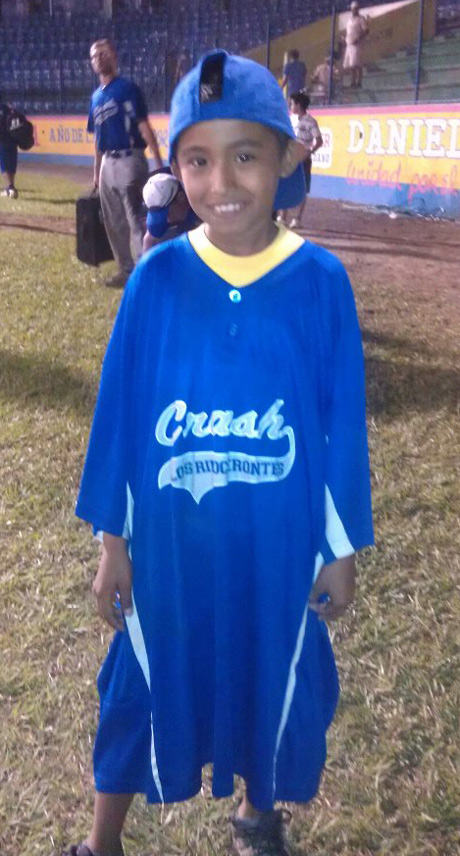
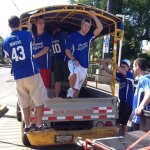
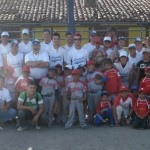
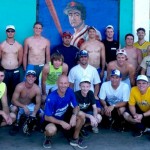
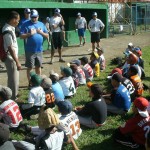
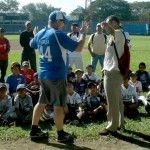
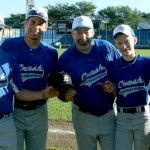

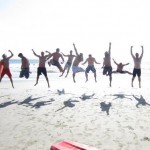
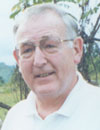 Kyle McQuillen (right), Director of Global Ministries 1993-2001,
Kyle McQuillen (right), Director of Global Ministries 1993-2001,  “We want to keep college affordable for students and their families,” said Tom Ayers (right), executive vice president for operations and treasurer. “We also offer innovative financial assistance programs, such as the loan repayment program, to help reduce anxiety among students and their families over costs when considering a private school education. We understand the financial pressures families are under and want to provide them with more value for their dollar.”
“We want to keep college affordable for students and their families,” said Tom Ayers (right), executive vice president for operations and treasurer. “We also offer innovative financial assistance programs, such as the loan repayment program, to help reduce anxiety among students and their families over costs when considering a private school education. We understand the financial pressures families are under and want to provide them with more value for their dollar.”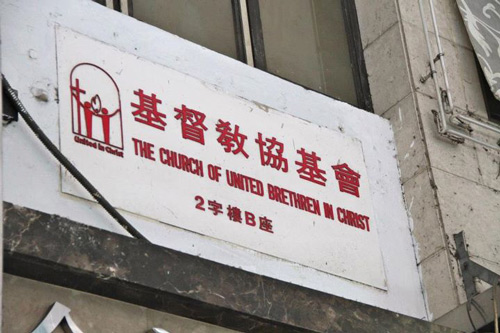
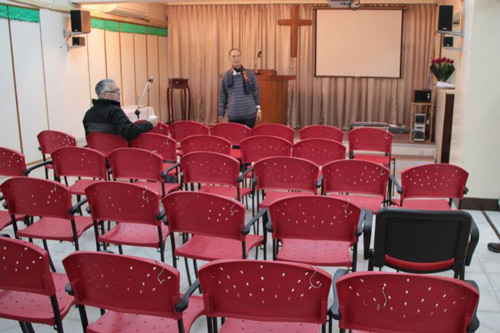
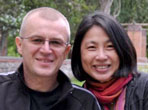 Arek and Donna Delik (right) are UB endorsed staff in Poland working with Operation Mobilization. Donna sent this note on Monday morning, January 30:
Arek and Donna Delik (right) are UB endorsed staff in Poland working with Operation Mobilization. Donna sent this note on Monday morning, January 30: